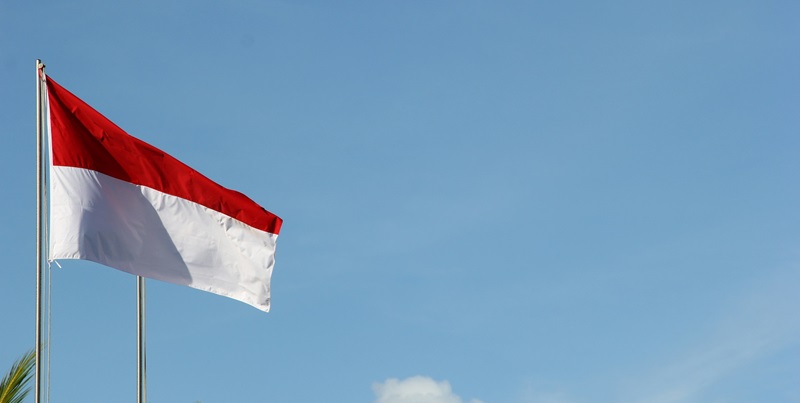The unprecedented growth of spyware and surveillance technology in Indonesia has raised significant privacy concerns. Amnesty International’s extensive investigation has revealed a murky world where citizens’ rights are potentially being undermined.
Unveiling the Dynamics of Indonesia’s Spyware Marketplace
The Scale of Spyware Penetration in Indonesia
Amnesty International’s probe into the spyware market within Indonesia paints a disturbing picture. The nation has transformed into fertile ground for sophisticated surveillance technologies, with an array of international vendors flooding the market. From 2017 to 2023, the proliferation of these tools has been at the behest of government agencies, including the Indonesian National Police and National Cyber and Crypto Agency, seeking to equip themselves with state-of-the-art digital espionage capabilities. The evident surge in domestic demand for spyware underscores a concerning trajectory in the erosion of individual privacy.
The Key Players and Intermediaries
Scrutiny falls upon companies such as Q Cyber Technologies, often linked to Israel’s NSO Group, amongst others in the Intellexa consortium, with origins tracing back to countries like Greece and Singapore. These entities have established a niche in providing advanced surveillance tools, which, with the help of intermediaries based in Singapore, find their way into Indonesia’s governmental arsenals. These intermediaries play pivotal roles in obfuscating the purchasing trail, creating challenges in the accountability of surveillance technologies’ deployment and ownership.
The Intricacies of Spy and Surveil Operations
Targeting Tactics and Domain Mimicry
The investigation has unearthed unsettling targeting tactics. Domains that eerily resemble those of opposition parties and reputable news outlets have been discovered, hinting at a widespread strategy to ensnare political dissenters and journalists under the guise of benign online entities. The mimicry of these domains not only raises suspicions of an intent to surveil these groups but also indicates a deliberate approach to undermine the essential pillars of democracy – free speech and a free press.
Inadequate Legal Safeguards and Transparency
There is a glaring absence of comprehensive legal frameworks in Indonesia that would normally regulate the use of such intrusive technologies. Indonesian laws, including the Electronic Information and Transactions Law, fall short in delineating clear and transparent guidelines for surveillance practices. Noteworthy is the absence of a protocol to disclose interception methods or to establish oversight mechanisms, even in scenarios tied to national security or law enforcement, leaving the door wide open for potential misuse.
The Impact of Surveillance on Civil Liberties
The Risks to Individual Rights and Privacy
The ripple effects of this unchecked surveillance market are broad and deeply concerning. The privacy and fundamental rights of Indonesian citizens stand on precarious ground, with the potential for these technologies to be wielded against civil society being an alarming possibility. The lack of stringent privacy protections poses an ever-present threat to ordinary individuals, who may find themselves caught in a spyware web spun with little to no legal repercussion.
The Call for A Global Moratorium
In reaction to these findings, Amnesty International is calling for a global moratorium on the sale, transfer, and use of surveillance equipment until a robust human rights-compliant framework is in place. Such measures are imperative to uphold the integrity of privacy and to deter the misuse of technology that can violate fundamental freedoms.

